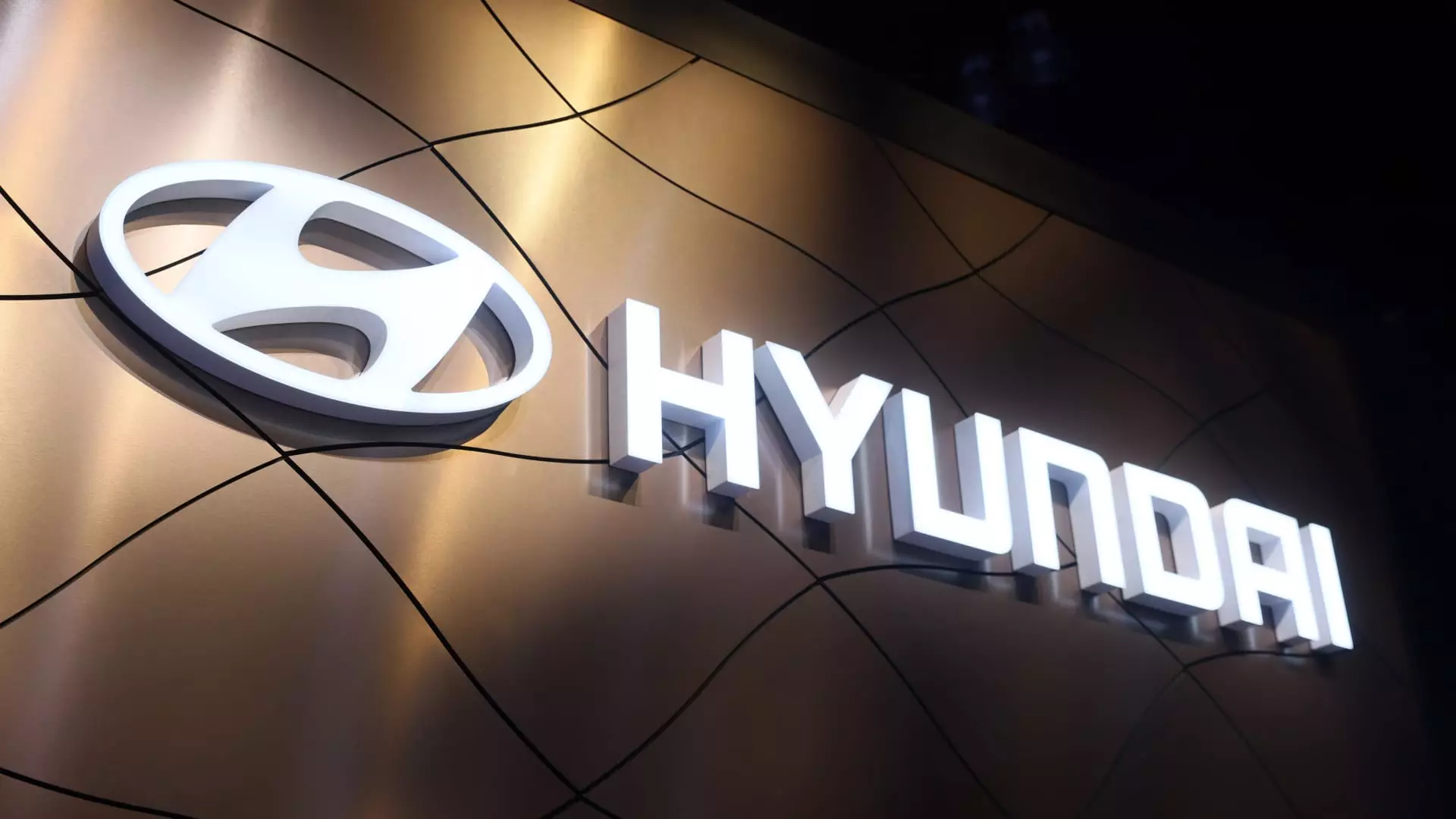Hyundai Motor North America has recently taken center stage in the automotive industry due to a significant recall affecting over 42,000 vehicles. This decision has been prompted by a potential wiring flaw that poses safety risks by enabling certain models to inadvertently roll away. This article dissects the details surrounding this recall, its implications for Hyundai, and the response from consumers and safety authorities.
The vehicles under scrutiny include the 2025 Hyundai Santa Cruz and Hyundai Tucson models. These units are characterized by a concerning transmission issue that allows the vehicle to slip out of “park” without the operator engaging the brake pedal. The National Highway Traffic Safety Administration (NHTSA) highlights the heightened risk of accidents associated with this defect, underscoring its seriousness. An estimated 1% of the affected vehicles may contain this defect; specifically, over 35,500 Tucsons and around 6,900 Santa Cruz pickups are subject to this recall.
Hyundai’s Santa Cruz, a hybrid between a pickup truck and an SUV, starts at a retail price of more than $33,000, while the Tucson is offered at $28,000 and also comes in hybrid and plug-in versions. As these variants prepare for release in the coming fall, there are concerns regarding how this recall might interfere with their availability and consumer trust.
Although the NHTSA has deemed it safe for vehicle owners to continue driving their automobiles in the meantime, it has provided precautionary advice. Owners are encouraged to utilize the parking brake as a fail-safe measure until the vehicles can be repaired. Communicating with car owners is crucial for Hyundai; letters detailing the recall are scheduled to be sent out on January 19, 2025, outlining the necessary steps.
The discovery of this defect was first reported by a corporate fleet in late October. Following an internal examination, Hyundai identified a potential concern affecting both Tucson and Santa Cruz models. By mid-November, the North America Safety Decision Authority initiated formal procedures leading to the recall of these vehicles. It is worth noting that as of now, no injuries, fatalities, or property damage have been reported in connection with this recall.
This incident is not an isolated case for Hyundai. In tandem with the aforementioned recall, the company has faced additional scrutiny due to the recall of over 145,000 electric Genesis and IONIQ vehicles. The issue in this case revolves around the integrated charging control unit (ICCU), which may be prone to malfunction and ultimately prevent batteries from charging. As consumers increasingly gravitate towards electric vehicles, any defect that disrupts functionality can significantly tarnish a brand’s reputation.
Hyundai is promptly addressing these issues, with plans for dealers to inspect and, if necessary, replace the ICCU and its fuses free of charge. They will also update relevant software, ensuring that vehicles are restored to optimal conditions. As the automotive manufacturer navigates these recalls, it faces the dual challenge of maintaining consumer confidence while adhering to safety regulatory demands.
The automobile market is notoriously fickle, and recalls can dramatically influence consumer sentiment. With two significant recalls under its belt, Hyundai’s reputation may face considerable tests. How the company communicates and manages these issues will be critical in preserving trust with existing and potential customers.
Transparency is vital in recall situations. Consumers must feel assured that manufacturers are acting responsibly and prioritizing their safety above all else. Hyundai’s proactive approach—consulting its safety office upon first reports of issues and organizing recalls swiftly—demonstrates a commitment to these standards.
While the recent recalls occurring under Hyundai’s aegis reveal vulnerabilities in vehicle manufacturing processes, they also highlight the company’s responsiveness to safety concerns. As it moves forward, Hyundai’s actions in addressing these lapses will be pivotal in determining the long-term impact on its market standing and customer loyalty.


Leave a Reply